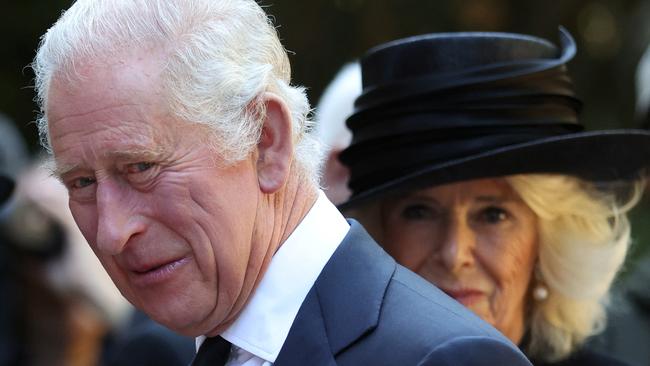
How will Australians react to King Charles? That defies prediction but two competing scenarios are surely on offer – either Charles will become the last monarch to serve as the Australian head of state or he will duplicate the Queen’s 1999 experience and watch while yet another republican referendum is lost.
King Charles is 73. He will likely serve long enough to see a second republic referendum put to the Australian people. That will either settle the question and “naturalise” the head of state office or prove that Australians remain incapable of agreeing on the terms of a republican constitution for their country.

While Charles cannot match the popularity of his late mother, Queen Elizabeth II, the politics of the republic will be shaped in Australia, not Britain.
Yet the death of the Queen and proclamation of the King put on vivid display what many people had forgotten – that the Australian people have no say, no control and no influence over the appointment of their head of state.
Ultimately, this will prove untenable. But when does that point arrive?
Anthony Albanese is right to keep the republic distant from the monarchical transition.
The Prime Minister, who arrived in London on Friday night with a contingent of Australians who will attend the funeral service, did the republic a service by rejecting any republican referendum this term.
The idea is absurd – the republican cause is weak, lacking traction and devoid of strategy. Those republicans demanding early action comprehend neither the political nor constitutional obstacles they face.
The republic debate in Australia is about two issues: Buckingham Palace and Westminster democracy.
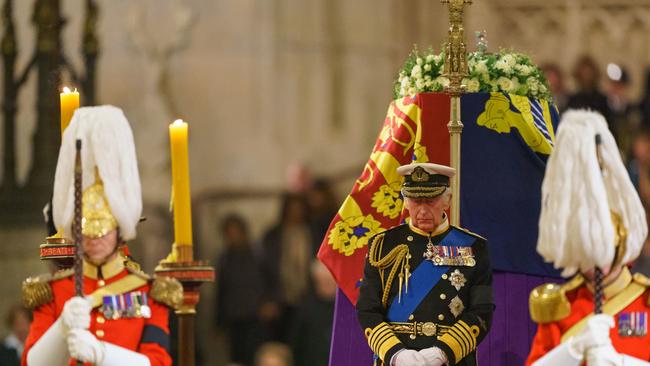
It is about severing ties with the palace but deciding what sort of republic we want – a minimal change republic or a major change in our system of government having an elected president in tension with an elected prime minister – guaranteed rivals in Australia’s culture of adversary politics.
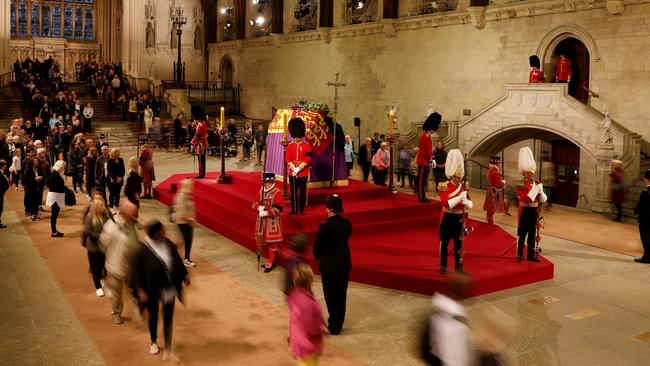
Seeing the Queen’s death as a departure point means little in terms of the complexities – getting the Australian people to largely agree not just on the severance but the more important question of the nature of the Australian republic. It was republicans who defeated the 1999 referendum. The risk is that republicans will defeat the next referendum.
This is because they cannot agree on the republican model and that’s because they disagreed on the bigger question: what is the real purpose and meaning of the republic?
When the referendum comes, King Charles will be ready. He has seen it all before. He came to this country in 1994 as a messenger for the palace welcoming the future referendum vote, saying the debate was a sign of Australia’s maturity and signalling he would relaxed about the public affirming a republican future.


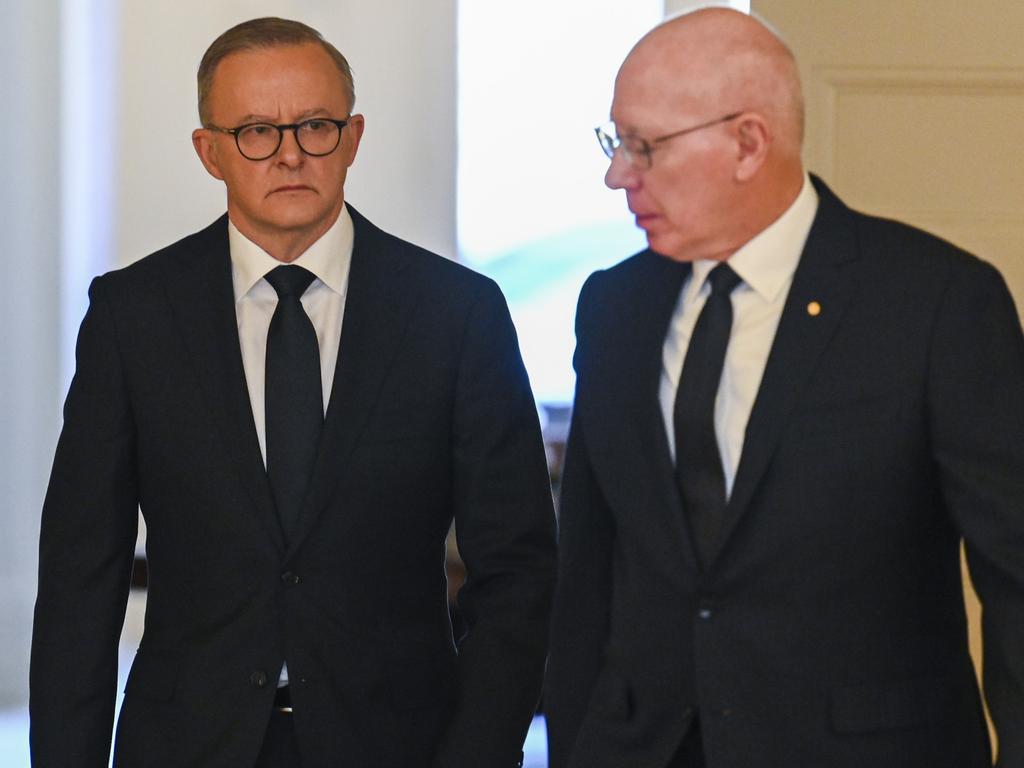
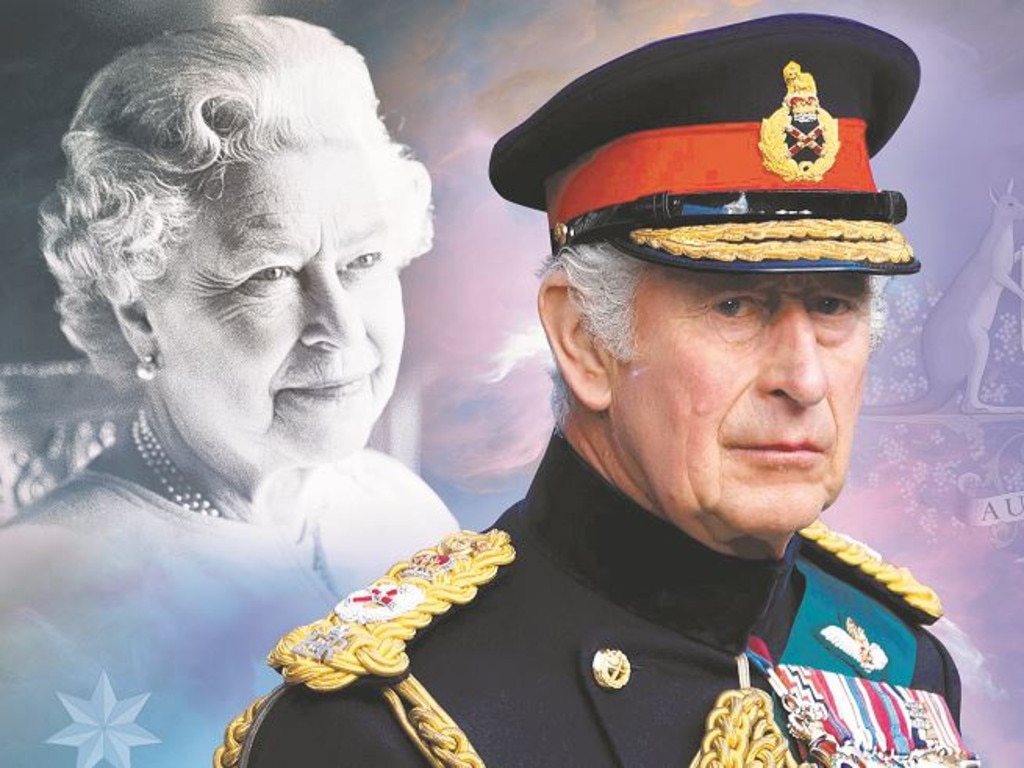
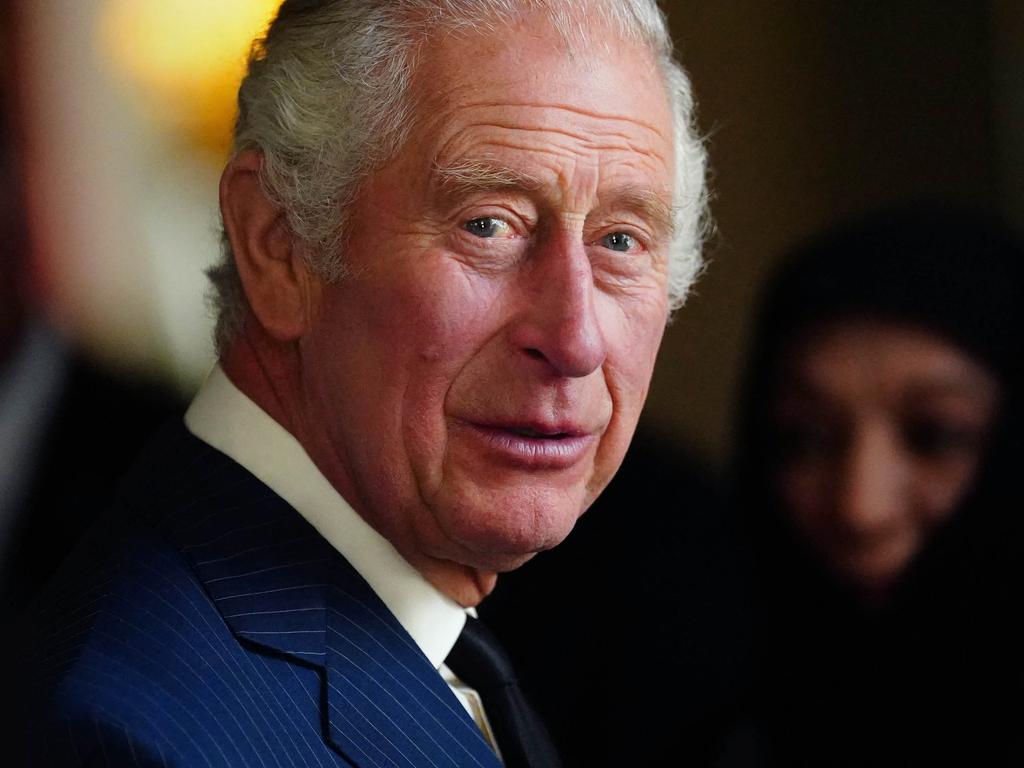
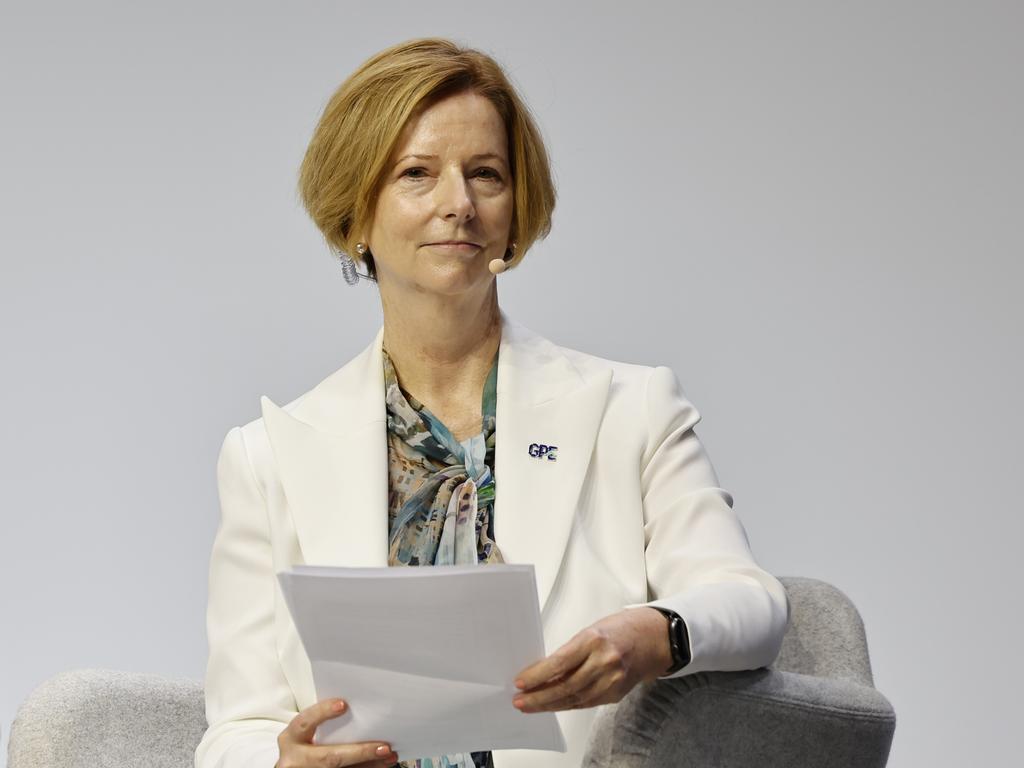


Australia now embarks on a new journey under King Charles III – the past week having dramatically and brilliantly demonstrated that our head of state is the reigning British monarch.